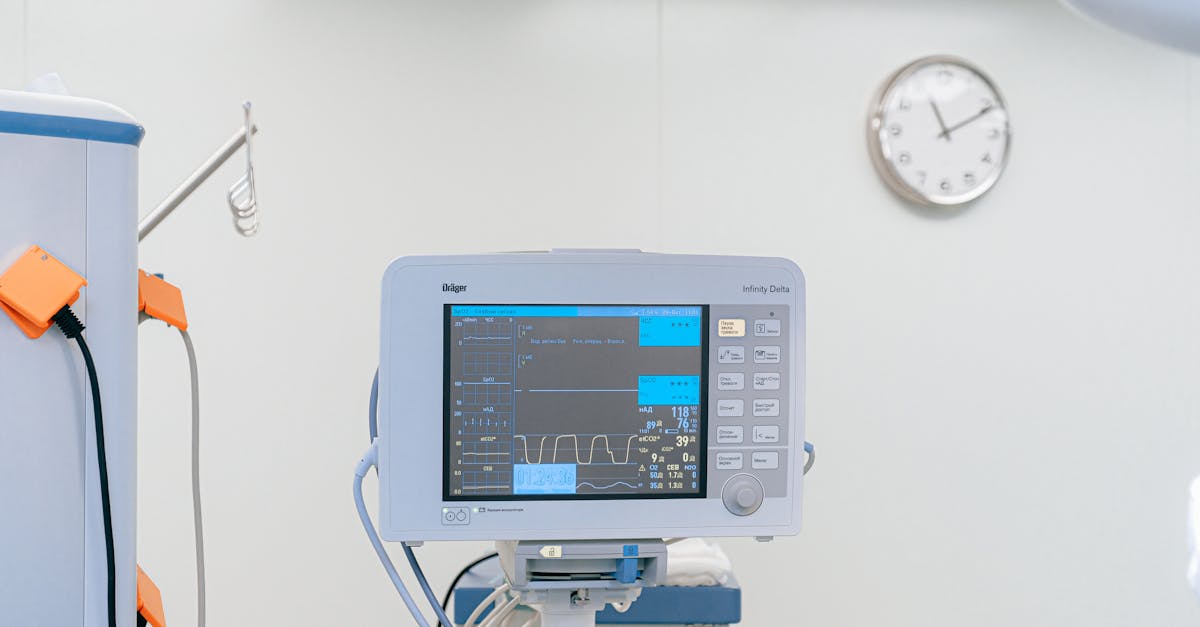Published on:
6 min read
Understanding Gastric Bypass Surgery: A Comprehensive Guide
Gastric bypass surgery is a popular weight-loss surgery that can lead to significant health improvements. This post explores the procedure, benefits, risks, and recovery, providing a thorough overview for anyone considering this option.

What is Gastric Bypass Surgery?
Gastric bypass surgery, often referred to as Roux-en-Y gastric bypass, is a surgical procedure designed to help individuals with obesity achieve significant weight loss. The surgery entails creating a small pouch from the stomach and connecting it directly to the small intestine, effectively bypassing a large portion of the stomach and duodenum. This not only limits how much food you can eat but also decreases nutrient absorption. Gastric bypass has been shown to lead to substantial weight loss, often ranging from 50% to 80% of excess weight, depending on individual factors such as commitment to lifestyle changes post-surgery.
Benefits of Gastric Bypass Surgery
Gastric bypass surgery offers multiple benefits beyond weight loss. Many patients experience improvements in obesity-related health issues, such as type 2 diabetes, high blood pressure, and sleep apnea. The surgery can significantly enhance one's quality of life, enabling individuals to engage in activities they might have avoided due to their weight. Additionally, studies suggest that gastric bypass patients might experience a boost in mental health, reporting reduced symptoms of depression and anxiety as they lose weight and improve their physical health. Overall, the psychological benefits can accompany the physical transformation.
Risks and Considerations
Like any surgical procedure, gastric bypass surgery comes with its own set of risks and considerations. Potential complications can include infections, blood clots, and nutritional deficiencies—due to the reduced ability to absorb nutrients. It's essential for potential candidates to undergo thorough pre-operative evaluations and to commit to post-operative follow-up care. Patients must also be prepared for significant lifestyle changes, such as adopting a healthier diet and incorporating regular exercise into their daily routine. Understanding these risks and being aware of the need for ongoing monitoring and adjustments are crucial to long-term success.
Conclusion: Is Gastric Bypass Right for You?
Deciding whether gastric bypass surgery is the right choice for you is a personal and complex decision. It involves not only evaluating your physical health but also considering emotional readiness and lifestyle changes. Consulting with healthcare professionals who specialize in bariatric surgery can provide the guidance needed to make an informed choice. Ultimately, with the right motivation and support, gastric bypass can pave the way for a healthier, more fulfilling life.
Published on .
Share now!










